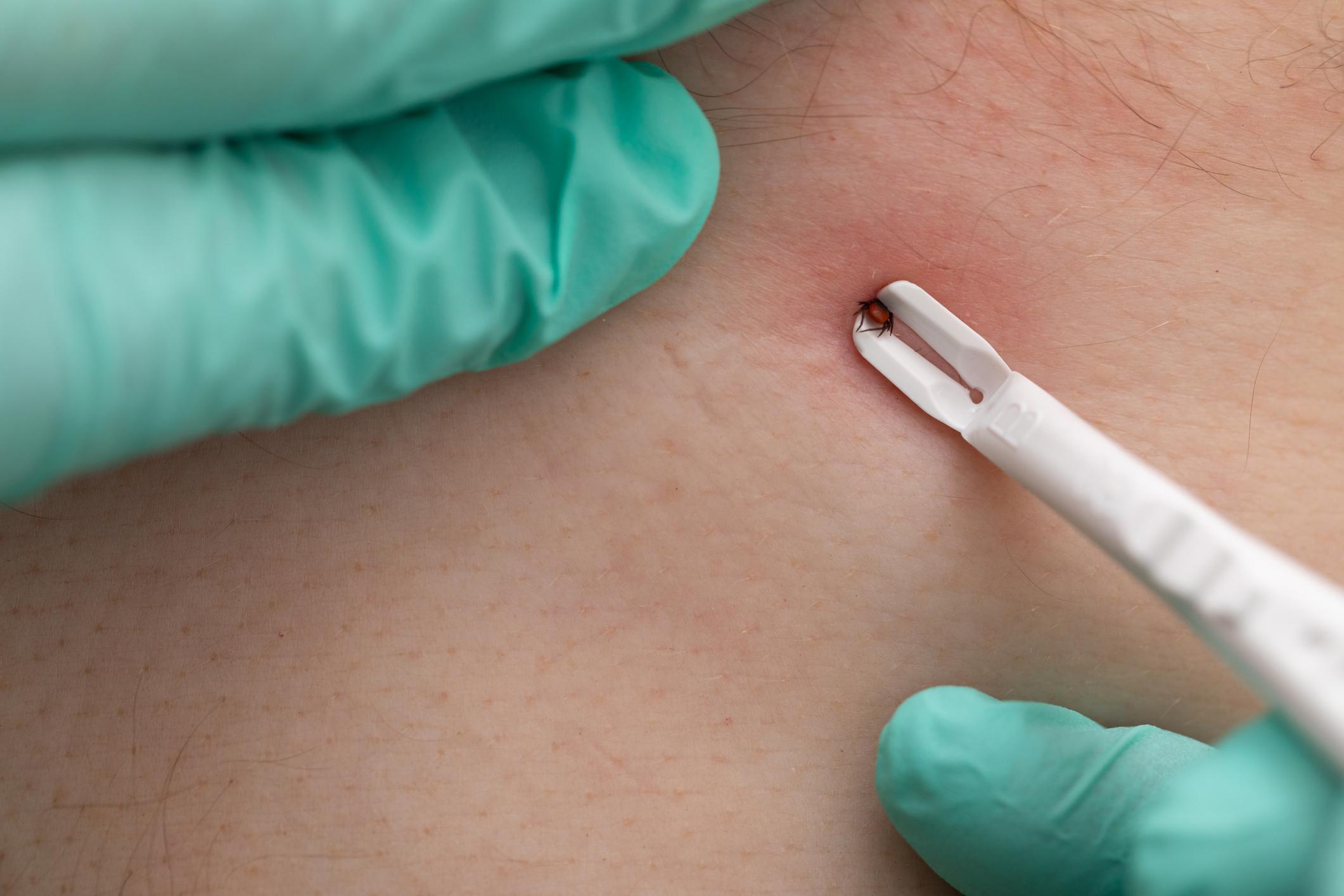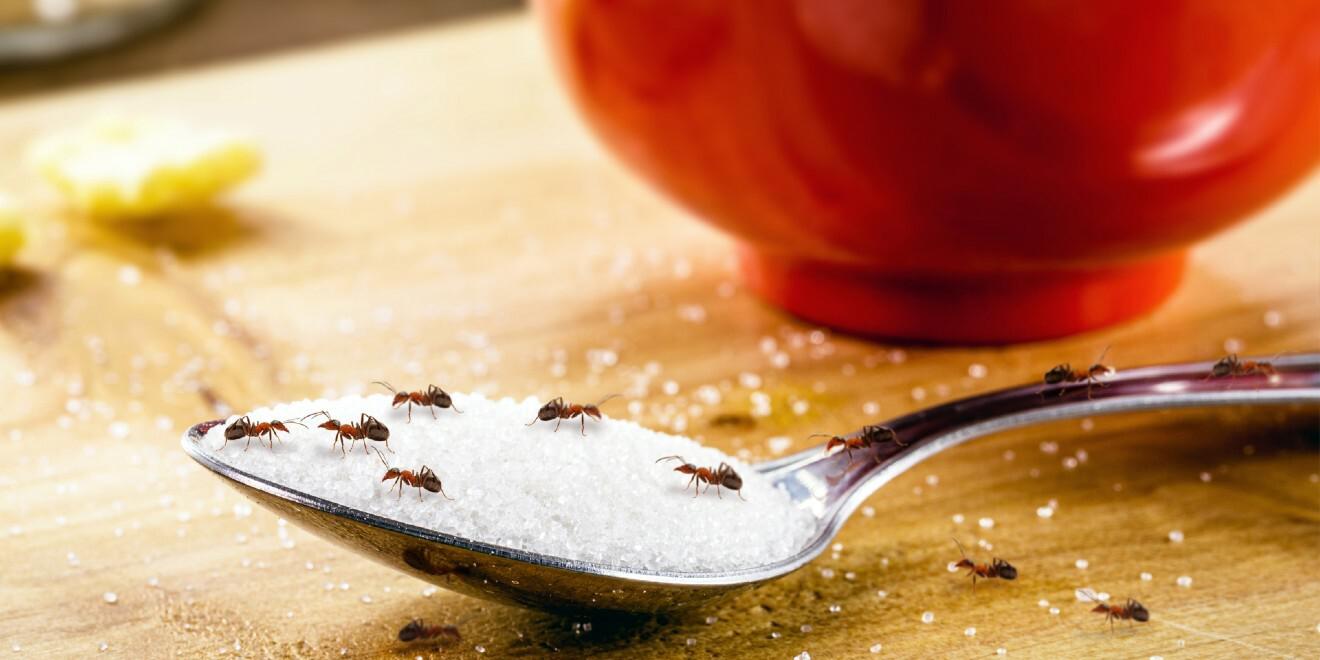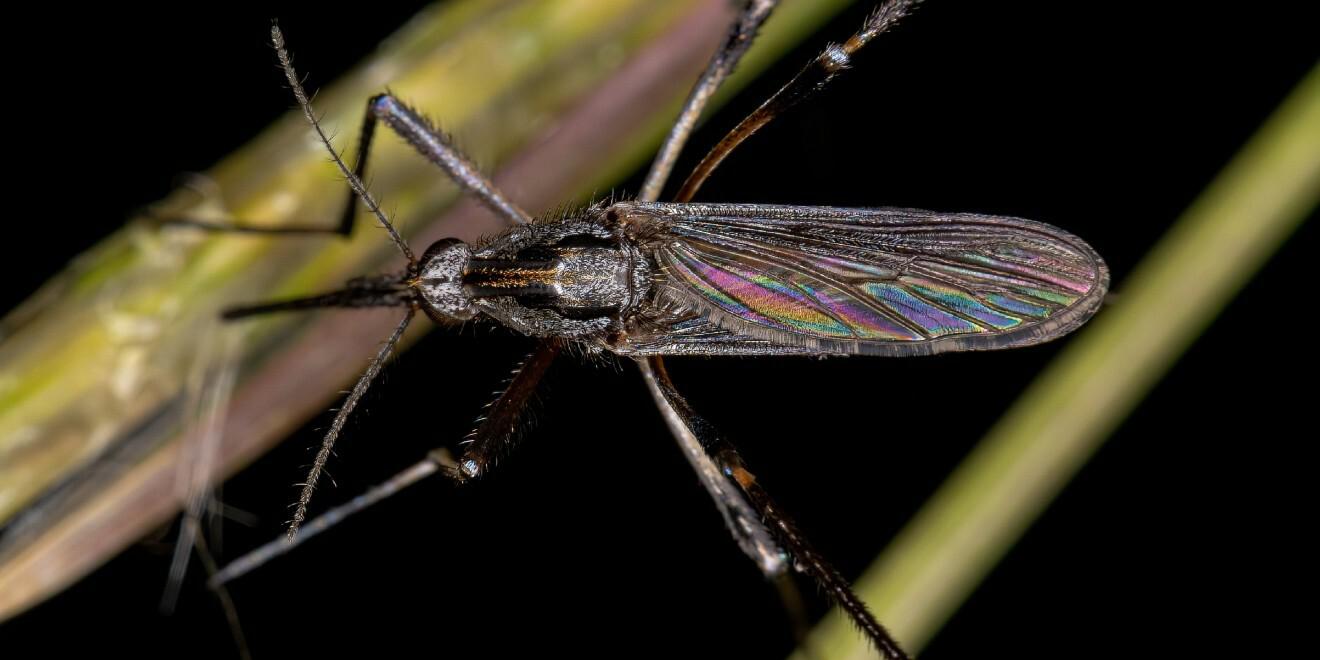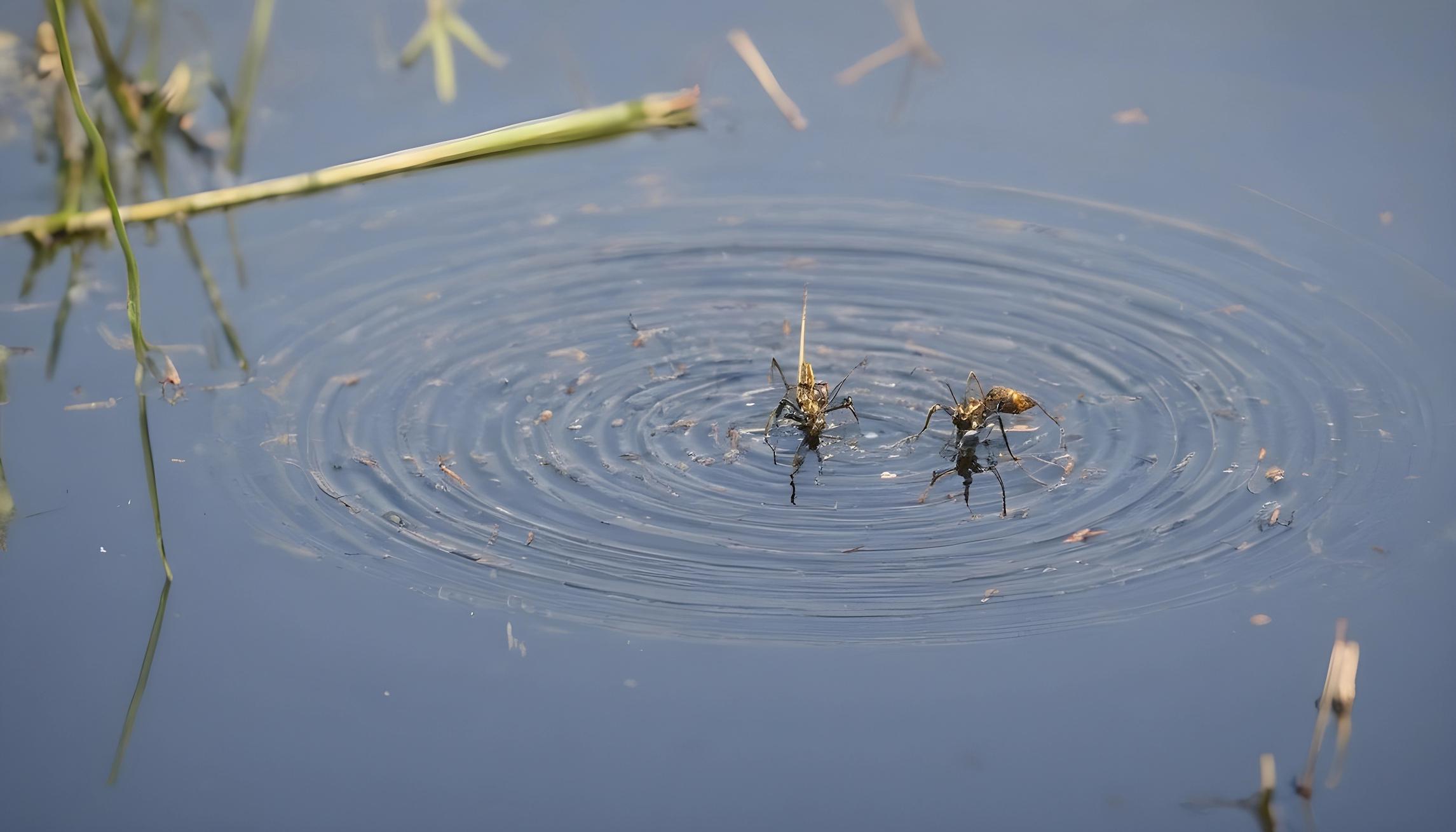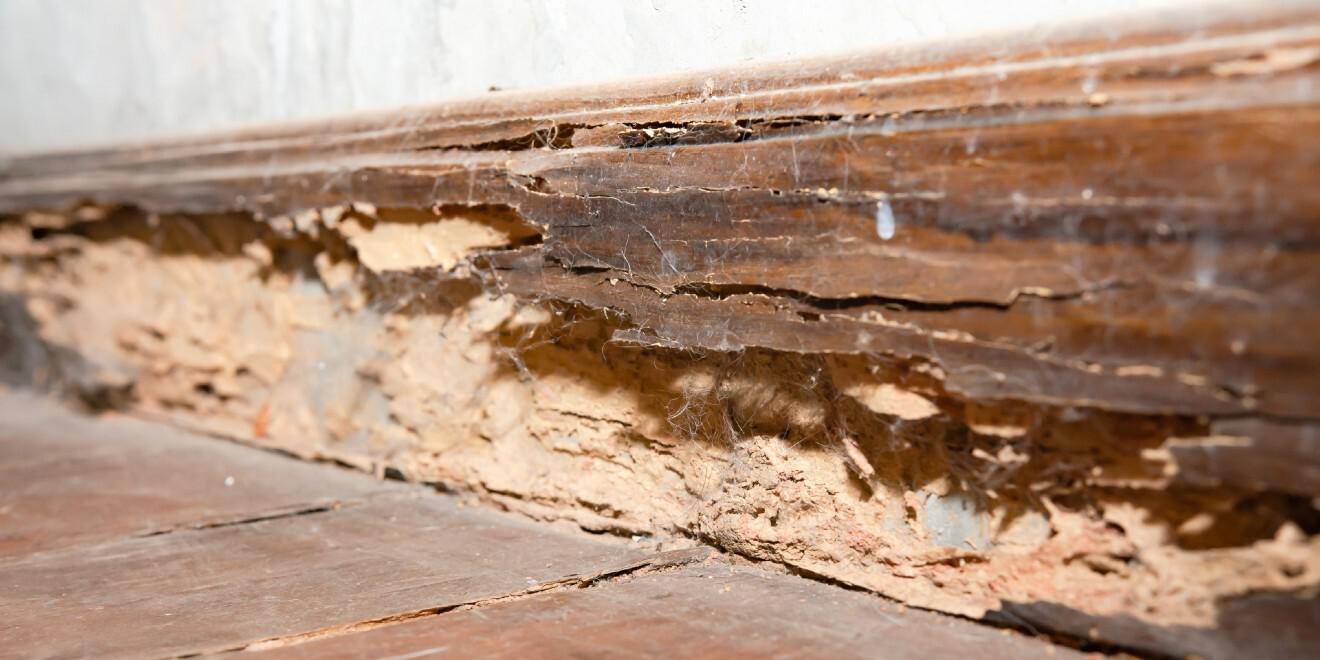Massachusetts' First Human Case of West Nile Virus in 2016 Confirmed
Posted by Mosquito Squad
August 17, 2016
Every year in the North Shore we watch mosquitoresults.com for news of West Nile Virus (WNV) and Eastern Equine Encephalitis to be found in mosquito pools in the area. As we watched the first WNV positive samples begin to arrive starting in Worcester July 1st, we began to take extra precautions in regards to mosquito control and mosquito protection in Methuen, Andover and the rest of the North Shore. Today we are counting 65 West Nile Virus positive mosquito samples from across the Bay State. While we know a human case of the mosquito-borne disease is usually soon to follow, we were hoping this year might be different…
MIDDLESEX WOMAN DIAGNOSED WITH 2016’S FIRST CASE OF WNV IN MASSACHUSETTS
Unfortunately, we did not get that lucky. This week the Massachusetts Department of Public Health reported the first confirmed case of West Nile Virus in the state this year. According to the Boston Globe, the woman is in her 70’s and is still currently hospitalized for treatment.
West Nile Virus is most commonly asymptomatic, but people over 50 and those with weakened immune systems face a higher risk for neurological illness. Keep a close eye on mosquitoresults.com so you can be aware when mosquito samples in your city test positive for WNV.
MOSQUITO-BORNE VIRUS SEASON IN THE NORTH SHORE
It is peak season for mosquito-borne diseases. Out of the 10 human cases of WNV in Massachusetts last year, the first was reported in the same week last year. With experts having mosquito-borne virus season figured out so well, we can help you prepare by eliminating mosquitoes from your property before we get to this point in the season. Season long mosquito control is your best bet in lowering your risk for mosquito-borne diseases at home.
MASSACHUSETTS DROUGHT: PERFECT FOR WEST NILE VIRUS
With high temperatures and drought conditions, this year is particularly ripe for the specific type of mosquitoes that transmit West Nile Virus in Massachusetts. In fact, the Culex Pipiens mosquito is attracted to lay its eggs in dry riverbeds. The eggs can live there for up to 2 years waiting for just enough water to hatch and develop into blood-sucking adult mosquitoes. With drought conditions, humans are a perfect source for that much-needed water as we attempt to keep our lawns and garden alive with potential over-irrigation and puddling.










